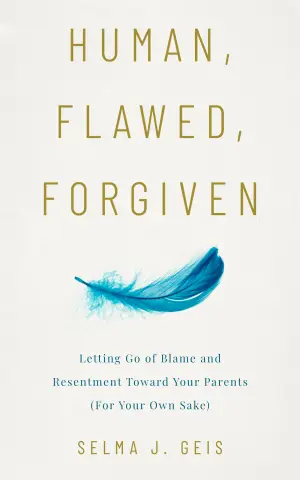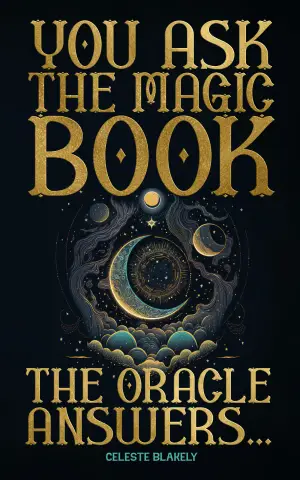Review of Splinter Effect (Splinter Effect, #1) by R.D. Sherrill
When I first stumbled upon Splinter Effect, the premise of time travel intertwined with historical intrigue immediately captured my imagination. R.D. Sherrill’s debut promises a thrilling adventure, and as an avid explorer of time travel tales, I was eager to dive in. The idea of salvaging lost artifacts from history spoke to my fascination with both archaeology and the delicate threads of time.
At the heart of Splinter Effect is Rabbit Ward, a Smithsonian archaeologist with a serious past haunting him—a botched mission that cost him his mentee, Aaron, while pursuing a rare menorah. Fast forward to the 6th century in Constantinople, and Rabbit is back on the hunt, believing he can finally reclaim what was lost. Right away, Sherrill’s setting offers a rich tapestry of historical context that immerses you in a vibrant yet perilous world, although I must admit, it takes a little while to get the pacing just right.
The early chapters felt somewhat sluggish, weighted down by a dense exploration of historical politics that occasionally distracted from the pulse-pounding urgency of Rabbit’s mission. Despite this, I found myself captivated as the narrative began to awaken in the latter half of the book, bringing forth unexpected twists that tossed me right back into the fray. One twist, in particular, caught me off guard and successfully reinvigorated my investment in both Rabbit and his perilous adventure.
Sherrill’s writing presents a fresh take on time travel that I found compelling, even if the mechanics of it took some time to familiarize myself with. The narrative was enriched by the audiobook format; Roger Wayne’s voice, reminiscent of classic film noir, lent a layer of charisma that elevated the experience. I highly recommend this format if you decide to pick up Splinter Effect.
While the historical details were skillfully woven into the fabric of the story, I felt the weight of these elements sometimes diluted the sense of urgency that Rabbit’s mission called for. However, Sherrill’s ability to craft a unique world, where artifacts and historical figures collide with contemporary rivals like the tenacious Helen, kept me engaged through the political intricacies.
As this is the first in what promises to be a captivating series, I’m intrigued to see how Rabbit’s character evolves alongside the time travel system that Sherrill has laid out. Although Splinter Effect didn’t start with a bang, I have every reason to think the subsequent books might just amplify its scope and excitement, especially as I grow more attached to Rabbit and his dynamic world.
In conclusion, I believe Splinter Effect will appeal to readers who relish a blend of historical detail with a dash of adventure and suspense. If you enjoy time travel stories that challenge the reader with complex settings while delivering engaging plot twists, this could be your next captivating read. Despite its few shortcomings, the narrative ultimately left me hungry for more, and I’ll be keeping an eye out for the next installation. Thank you to Minotaur Books and Macmillan Audio for providing this engaging debut—I look forward to where Rabbit’s time-traveling escapades will take us next!
Discover more about Splinter Effect (Splinter Effect, #1) on GoodReads >>






